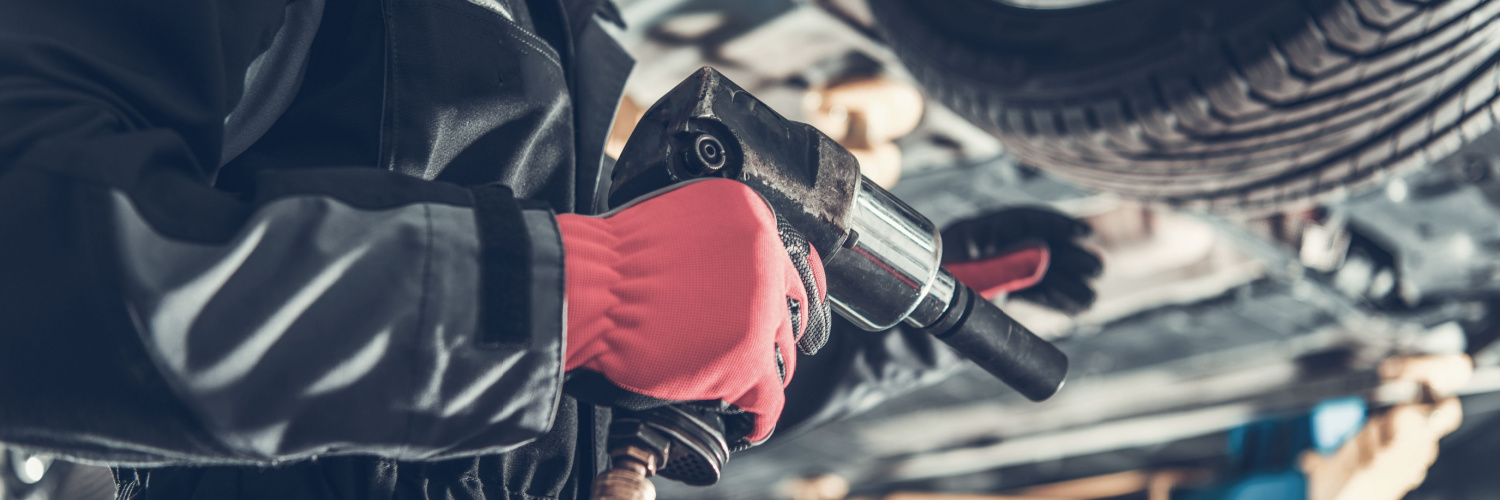The Importance of Seasonal Vehicle Maintenance

Everyone is aware that keeping your car in good condition requires year-round effort. But when the seasons start to change, it becomes especially crucial. Additionally, when the seasons change, so do the conditions of the roads.
In light of this, you should consider adapting your car-care routines to the changing weather patterns and potential threats that each season offers. Read on to consider the tips for vehicle maintenance and a list of precautions to help keep you and your car safe as the seasons change.
What Does A Maintenance Service For A Car Include?
Car servicing
Understanding car servicing may be challenging for those who aren’t mechanically aware. When you take your car to the mechanic, you should understand the fundamentals. You want to know what happens to your car while it is there and that it is returned to you in the best possible condition for safety and functionality.
The majority of automobiles have a schedule for minor and significant maintenance. Minor maintenance is often performed every 10,000 to 15,000 kilometers. Major maintenance is typically performed every 30,000 to 45,000 kilometers.
This will also depend on the car’s type and manufacture, how it has been driven, and the mechanic’s recommendations.
For example, if the car is driven in the city, the constant starting and stopping puts additional pressure on it. Often, despite the basic service, it results in more effort. There are many different services offered, including the following:
Basic Service: Involves a visual inspection, replacement of the oil and filter, and topping off of the engine’s vital fluids (such as antifreeze, brake fluid, washer fluid, and steering fluid).
To ensure the car is in the best possible condition, several vital components are inspected. The brakes are also examined per the instructions provided by the manufacturer.
Additional service could be recommended if the car requires more work; however, not all facilities do this.
Full Service: Compared to basic servicing, a full service often entails an additional 15 to 30 component checks. In addition to the basic service, there is an additional charge if the car needs any additional maintenance.
Major Service: A major service includes everything that is covered in a full service, as well as the replacement of spark plugs, fuel filters, and other worn components as recommended by the manufacturer. Any further upkeep or repairs are not included.
Manufacturer’s Service: A manufacturer’s service is thought to be the most thorough and expensive service available and includes all wear, maintenance, and service the car requires.
What Are The Tips To Consider While Looking For Seasonal Vehicle Maintenance?
Maintenance of new tires
Your tires’ suitability and quality rely on the demands of each season. Regardless of whether you decide to drive on all-season tires until the snow and ice start to fall or switch between a set of summer and winter tires based on the conditions.
To ensure the transitions are seamless and secure, you’ll need assistance lining things up evenly and switching back and forth.
Regular tire maintenance includes the following things:
Examining the pressure in your tires: Maintaining adequate tire pressure will result in safe braking, acceleration, and steering performance. At least once a month, check the tire pressure before driving.
Check the vehicle information placard if you’re unclear about the recommended tire pressure for your car. The pressure for both your front and rear tires should be shown there, and it can be found on the driver’s side, front or back door of your automobile.
Rotate your tires: It has been established that regularly rotating your tires will increase their durability and boost their overall performance.
Importantly, you must make sure your tires are balanced after being rotated to prevent quick and uneven tire tread deterioration.
Avert packing your car too full: Tire damage will unavoidably result from consistently overloading your vehicle. Particularly if you don’t keep the recommended tire pressure, it will weaken the sidewall and make your tires more prone to failure.
Brake inspection of your car
Any time the seasons change is a good opportunity to have a brake inspection because the stopping power decreases on ice and snow. The calliper, rotor, drum, and pads will all be examined by your mechanic.
They’ll check to see if everything is in functioning order. The brakes should be checked first because it just takes a short while. Without performing a comprehensive car overhaul, it is one of the simplest ways to keep you and your passengers safe.
Therefore, study more about auto accidents, and get your brakes tested frequently to keep your car as trustworthy as possible. You’ll be glad you did when the roads are slippery.
Cleaning your vehicle
You can easily and affordably clean salt, sludge, and rocks from the underside of your car by just bringing it to a professional car wash for an undercarriage spray. If you attempt to do this yourself, you run the risk of destroying paint, jolting or disconnecting shock absorbers, or suffering from other dangerous effects that could harm both you and your automobile.
Some automobiles have rust-prevention coatings. But even those, particularly concerning the undercarriage, are not always reliable. Even more caustic than rock salt, the brine solution is used to melt ice on many highways. And as it does so, it eats away at the components in the nooks and crannies of the underbelly.
Why Choose Trail Tire For Seasonal Vehicle Maintenance?
Gustafson Auto Clinic is a one-stop auto center for your vehicle’s needs and requirements. They have experts that offer top-class seasonal vehicle maintenance.

